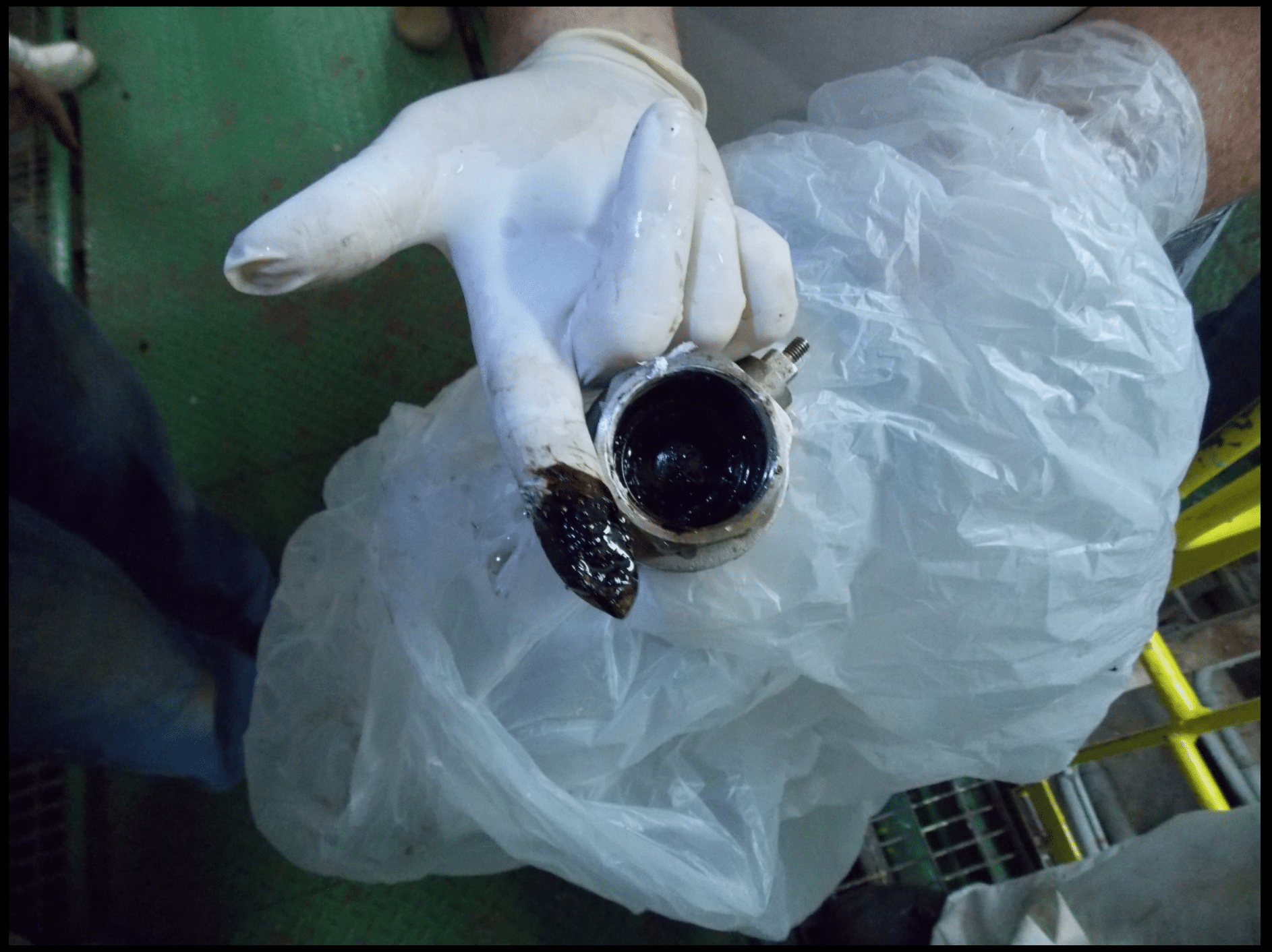One Million Dollars Issued to a Whistleblower for Reporting Ocean Pollution Violations

This week Princess Cruise Lines Ltd. was sentenced to pay a $40 million penalty – the largest-ever penalty involving deliberate vessel pollution – by U.S. District Judge Patricia A. Seitz who also designated $1 million to be awarded to the whistleblower.
Since 2005 the cruise line has been illegally discharging oily water into the ocean on all five of its ships through a “magic pip” that bypassed the required pollution prevention equipment (an Oily Water Separator).
If the whistleblower had not come forward, this long-standing practice would have continued. The United States is the only country that rewards whistleblowers for reporting ocean pollution, despite 154 State signatories to the MARPOL Protocol, the international convention concerning marine pollution.
Under the Act to Prevent Pollution from Ships, 33 U.S.C § 1908 (“APPS”), if a whistleblower provides evidence that leads to a successful prosecution, they are awarded up to 50% of the monies (sanctions, fines, and penalties, etc.) obtained from the criminal actors. Not only does this incentivize reporting, but the reward helps offset the risk of reporting for whistleblowers who reside in countries with no retaliation protections. The U.S. Courts have recognized the importance of whistleblowers and, in almost every case, have ordered the whistleblower be paid the maximum reward. The APPS whistleblower provision also provides a financial benefit to the U.S. Government. In 75 APPS cases involving a whistleblower, the Government has collected over $278 million dollars.
Without whistleblowers, it would be almost impossible to obtain the evidence necessary. Ocean pollution is almost impossible to detect because “the discharge of oily waste typically takes place in the middle of the ocean in international waters, [and] the only persons likely to know about the conduct … are crew members,” said the Government in its motion in United States v. Atlas Ship Management.
In the case of Princess Cruise, they illegally discharged 4,227 gallons of oily waste only 4 nautical miles off the coast of England in August 2013. The newly appointed engineer at the time first reported the illegal discharges to the British Maritime and Coastguard Agency (MCA), which then provided the evidence to the U.S. Coast Guard. The engineer provided authorities with photographic evidence of the “magic pipe” used to bypass the Oily Water Separator and discharge oily waste off the coast of England. The report by the engineer led authorities to investigate the cruise ship and discover purposeful concealment of the illegal activities and the failure to record the discharges into the Oil Record Book, as required by the Act to Prevent Pollution from Ships.
To conceal the practices and to not set off the oil content monitor alarm, the crew would open a salt water value while the oily water waste was being discharged. Another concealment technique included pumping oily bilge water that came from the greywater tanks back into the greywater system and then pumping it overboard.
In December 2016, the Defendants pled guilty to one count of conspiracy, three counts of failure to maintain an accurate Oil Record Book, and two counts of obstruction of agency proceedings.
Princess Cruise Lines will pay $30 million in criminal fines and be apportioned as follows: $27 million for knowingly and willfully entered into a conspiracy, $2 million for violating the Act to Prevent Pollution on Ships ($1 million of which will be paid to the whistleblower), $1 million for obstructing agency proceedings, and $10 million to community service projects to benefit the maritime environment. Of the $10 million, $3 million of the community service payments will be distributed to environmental projects in South Florida, $1 million will be allocated for projects to benefit the marine environment in United Kingdom waters, and $1 million of the criminal penalty will be deposited in the Abandon Seafarer’s Fund.
“Ocean pollution is a worldwide problem that needs to be aggressively tackled, and based on the highly successful U.S. program, whistleblowers are needed to effectively police pollution from ships occurring on the high seas,” said Stephen M. Kohn, Executive Director at the National Whistleblower Center.
Related Links:
Check out the Department of Justice’s Press Release here.
Ocean Pollution Resources





